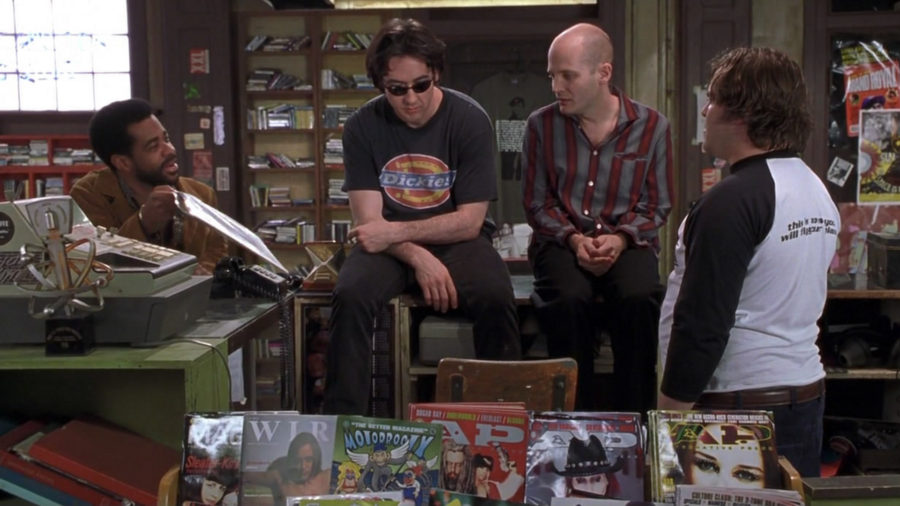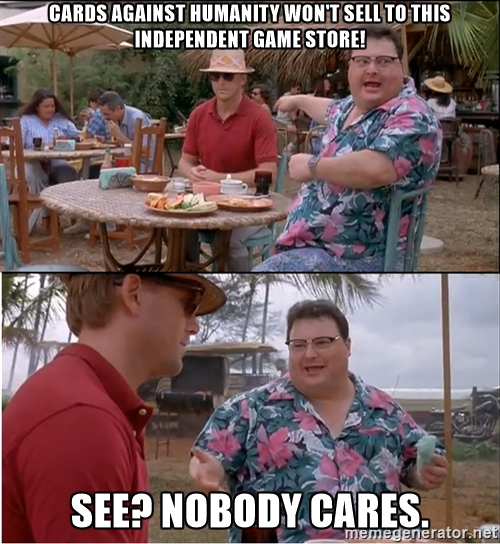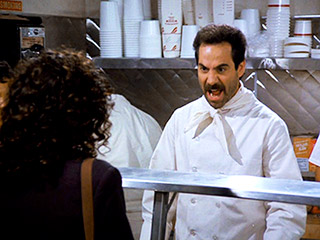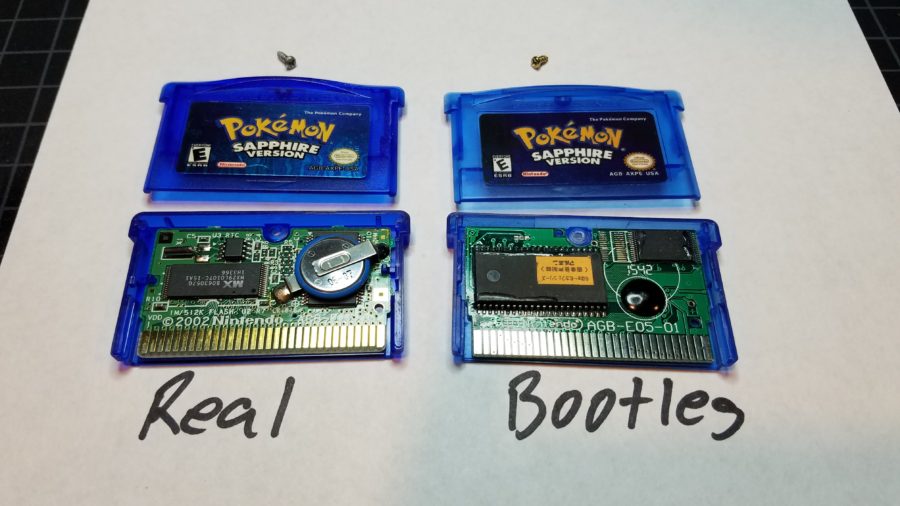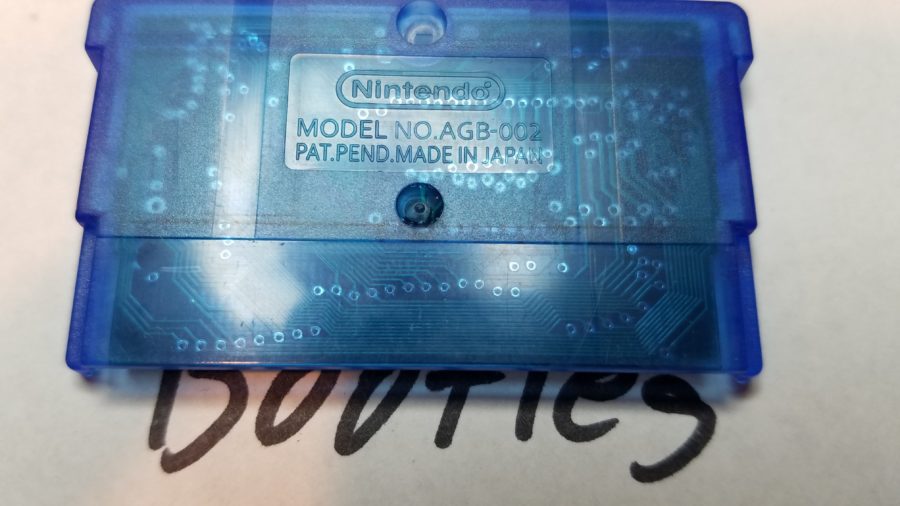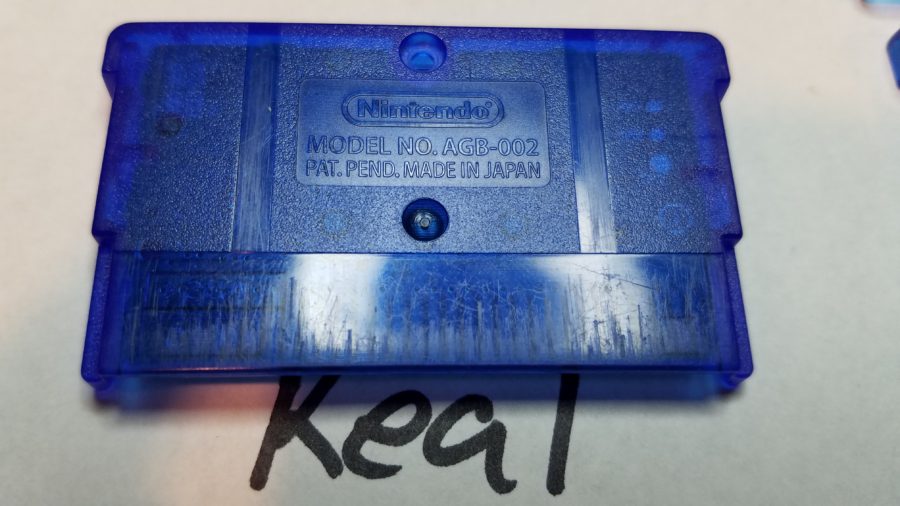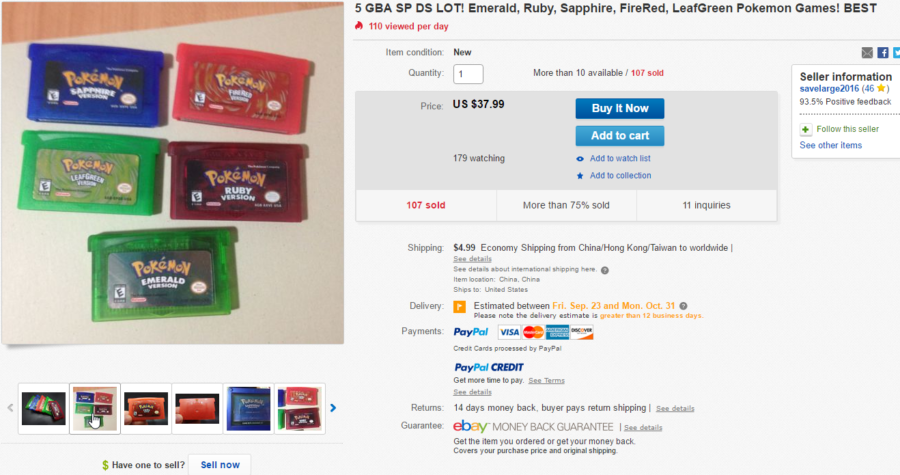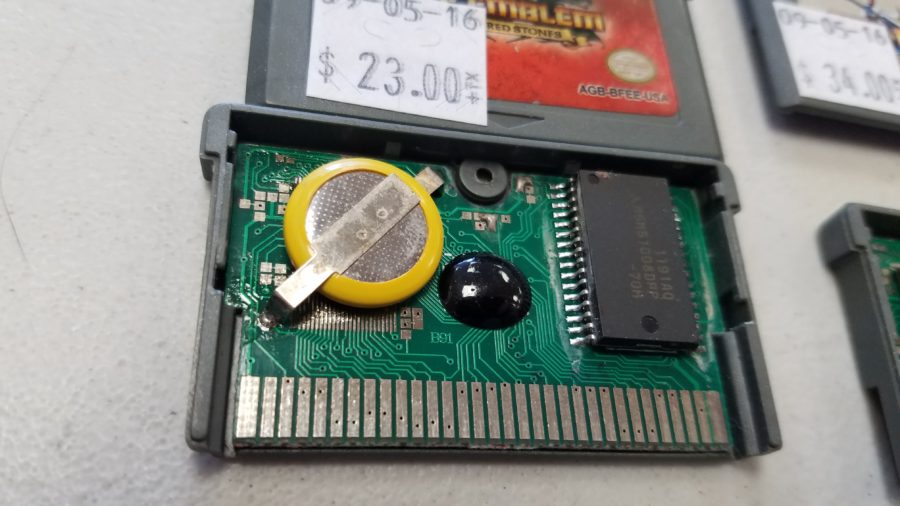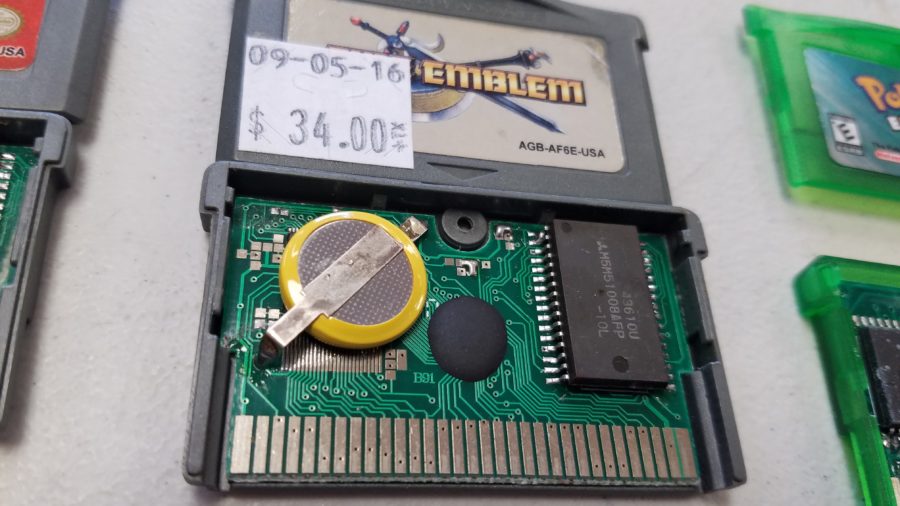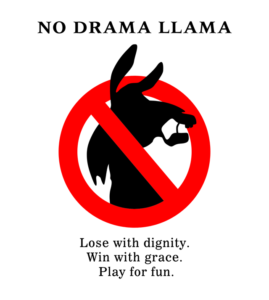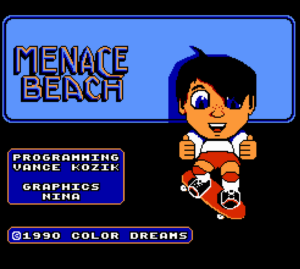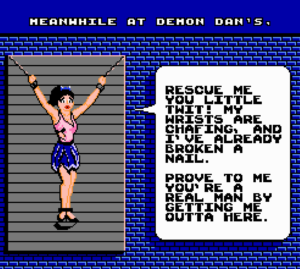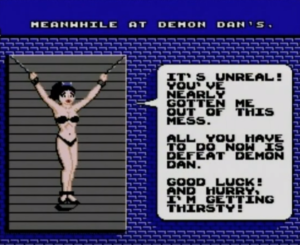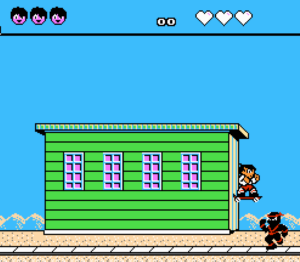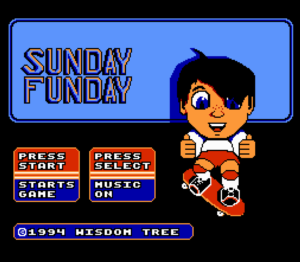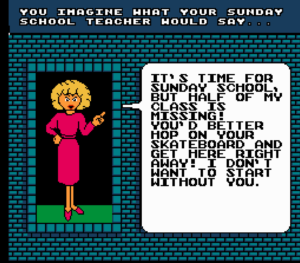I’m working on a post about clubhouse stores, but I’ve decided that it is unfair to identify clubhouses without also talking about how the owners might escape clubhouse status. The problem is that escaping clubhouse status is hard, requiring resources that most clubhouse owners don’t have. Thus, the inevitable second part of that post has to turn to accepting reality and leaving the game trade.
So before I talk about clubhouses I have to talk about means of escape, and that escape might be closing the business. But how does one know when it’s time to get out?
The easier question to start with is, why did you get in?
I was a police officer before I bought my store. The politics of policing in the American South were not quite as complex as they are today, and the economy was worse. There were so many applicants that there was an 18-month wait at my department for jobs that had awful hours in dangerous conditions and paid $26,000 a year. I looked around at my respected peers, and realized that they almost without exception had spouses working as well to make ends meet. The Chief of Police at the time was making $66,000 annually. That wasn’t the future I wanted for my family, so I saw the opportunity to buy a business as a potential escape from a job I loved that didn’t love me back. I defined success at the time as replacing my cop income, while allowing me to have one or two part-time employees for a couple days off a week and the occasional vacation. I was wrong. That is not what success looks like.
I will not claim a perfect understanding of life and business, but that understanding certainly feels more developed after five years in this business. Your view may differ, but here’s what success, survival, failure, and collapse look like to me these days:
Success: The owner makes enough money to pay taxes, drive cars that are not breaking down, live in decent housing, pay off debts, and save for the future. He or she is not a slave to the counter, though working it is an option if the owner finds joy in it. The owner has enough employees that he or she can leave town on short notice for business or pleasure, and those employees are paid enough that they consider themselves lucky to work there. Because of the relatively high wages, the owner is able to be more discerning, and ends up with good people that are well-liked and well-cared-for. There is enough slack in the owner’s resources that he or she can take on extraordinary projects that benefit the business and jump at time-sensitive opportunities. There’s plenty in the budget for new product, so an extra Magic release or hot new limited product is an opportunity, not a financial trial. The owner’s spouse is not required to work, and may find themselves filling the role of administrative assistant or marketing director, allowing the small company to punch above its weight for professional presentation and outreach.
Survival: A store that is surviving pays its owner what would be considered in the area to be a living wage, though the pay comes unevenly throughout the year as the business booms and lags. There’s enough extra to pay for twenty to forty hours a week of part-time help at minimum wage. This allows the business to be open for predictable hours while allowing the owner a day or two off and gives them permission to do things like catch the flu. The bills are almost always paid on time, though careful planning goes into the timing of the outgoing payments to ensure there are dollars in the account to cover them. The owner drives an older but reliable car. There’s no extra to invest into marketing or R&D, and trying new things frequently has to be done in a way that can most charitably be described as “plucky.” If a new Magic set and a new Pokemon set come out at the same time, there might not be enough Pokemon product on hand because of cash flow difficulties. The owner’s spouse probably works a full-time job. Rob’s record store in High Fidelity is a survival-mode store.
Failure: A store that is failing is not paying its owner a living wage. In all too many cases, the owner has never received a consistent paycheck from the business. The store is doing enough business to pay the rent and utilities, though it is frequently late making those payments. Employees are a happy fantasy, though the store might have flunkies sorting cards or running events in exchange for product or store credit, all under the table and untaxed. The exact financial status of the business is hard to nail down because the owner frequently buys groceries out of the till. This store will not survive an audit, but isn’t likely to be the subject of one since there’s nothing to take. New Magic releases are ordered in box quantities instead of case quantities, and the phrase “sorry, no cash, only store credit” causes a heartbreaking number of trade-ins to walk back out the door. The owner drives a car that is not long for this world, with breakdowns resulting in “Surprise! We’re closed today.” posts on the store’s Facebook page. The spouse’s full-time job is paying the owner’s living expenses, with early optimism turning to resentment as the years drag on with no change in the financial prospects of the business.
Collapse: The owner is probably benefiting more from the business than he or she ever has, but it’s done by shuffling goods and fixtures out the back door to sell before creditors can change the locks on the store. The store has completely abandoned any attempt at regular hours, and posts on Facebook are the best way to determine when they’ll be open this week. Everything is late. There is no new product because last month’s product was never paid for. This is usually the time when a hastily-composed GoFundMe or Kickstarter campaign will be launched. The owner doesn’t understand that even $10,000 of free money will not save his or her business. Nobody donates, anyway. Depending on how the owner is handling things, their spouse is either relieved that it will soon be over, or is moving back in with Mom for a while.
This is what the various states look like, but the definitions should be more personal and concrete for each owner. When I say concrete, I mean that you should determine what the operating profit (which will determine things like number of employees) and net income (which will determine which car you drive) numbers are for success, survival, and failure. Write these numbers down under each heading, then figure out where your store’s state falls in that list. Nobody is looking over your shoulder, so you can, and must, be brutally honest with yourself.
If your store is succeeding, then there’s more to be done than ever. You thought that you would have it made, but now you’ve got something to lose, so in a lot of ways it’s even worse. The days of your friends and customers seeing and appreciating your hard work are over, because most of it is now behind the scenes. You just traded all your small business glory for a little more money. Tough. There’s people counting on you to feed their kids. Get back to work.
If your store is surviving, then you’re not alone. Most game stores that make it exist at this level. You certainly shouldn’t give up, but you should definitely examine your options. If you’ve got an education and career prospects that will lead to a better financial future for your family, you should consider a graceful end to the business. Or you could find some poor sucker with an inheritance to buy it from you, I suppose.
If your store is failing, then you have hard decisions to make, but it’s not a disaster unless you wallow in mediocrity for years or allow it to collapse. Most stores that didn’t start with plentiful capital were in this state, at least at first. If you just started, you may be able to doggedly ride the momentum up into survival, and then possibly into success. If you’ve been stuck here for a while, though, the prudent thing is to arrange for a timely, dignified closure. If you met your obligations to your creditors, and didn’t leave your building in shambles on your way out, then there is nothing wrong with closing a business because it didn’t work out. You can shake everyone’s hand and still be an adult when you lock the door for the last time.
If your store is collapsing, then now is not the time to try to execute a Hail Mary play for success. If small business success is in your future, it’s not in this iteration of your business. Do your best to close without hosing anyone, then rebuild your personal and financial life and decide what’s best for the future of your family. This is your opportunity to do the right thing. Don’t miss it.
